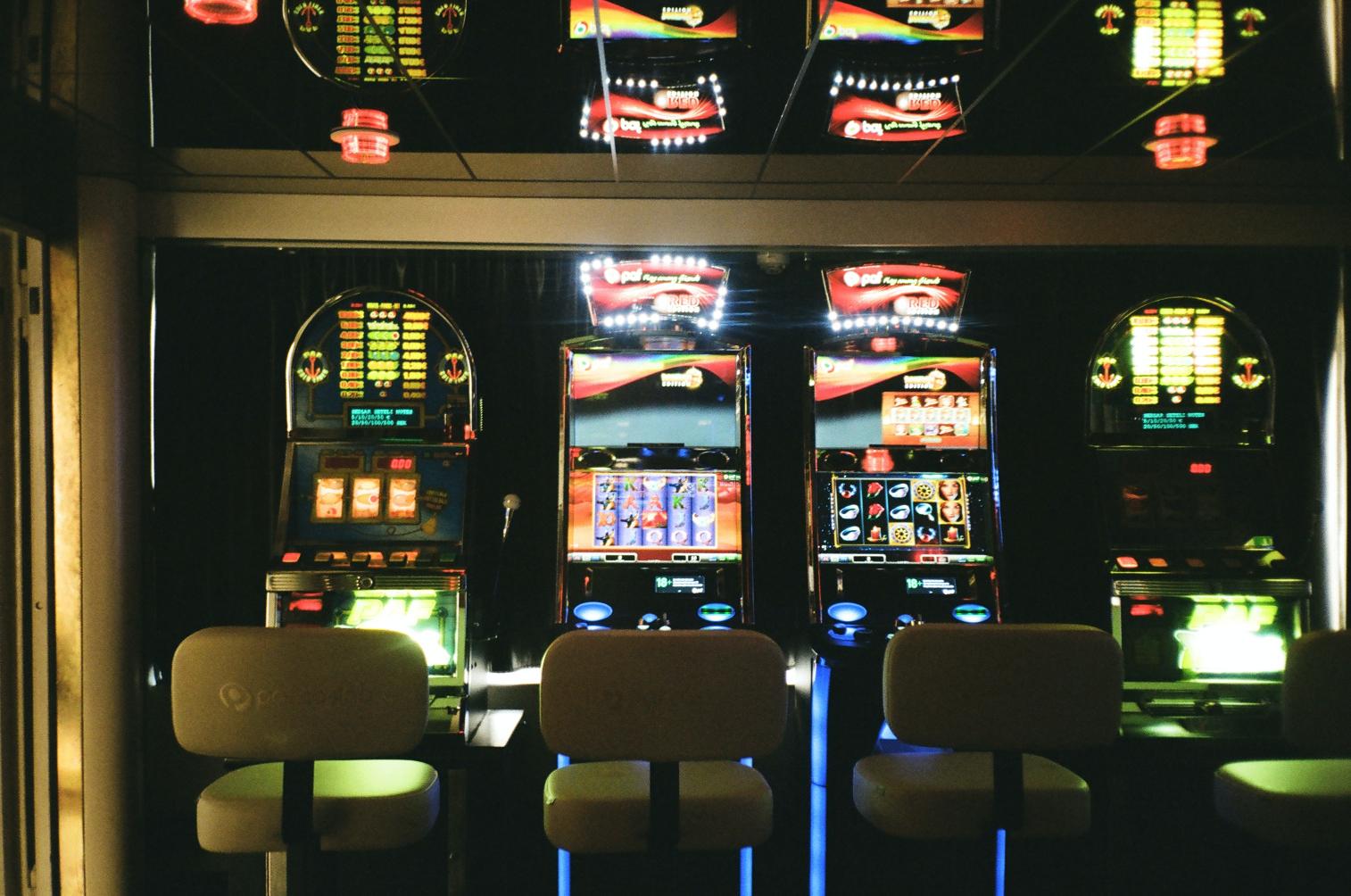
As an AI language model, I can provide information on some of the top breakthroughs in gambling addiction treatment over the past few years. However, it is difficult to specify the top breakthroughs in the current year, as comprehensive rankings are not readily available. Nonetheless, here are ten significant advancements in gambling addiction treatment:
1. Online Therapy: The rise of online therapy platforms has made treatment more accessible and convenient for individuals struggling with gambling addiction, especially during the COVID-19 pandemic.
2. Cognitive Behavioral Therapy (CBT): CBT remains a crucial component of gambling addiction treatment, helping individuals identify and change negative thought patterns and behaviors associated with gambling.
3. Mindfulness-Based Interventions: Techniques like mindfulness meditation have been integrated into treatment programs to help individuals develop awareness and cope with cravings and triggers.
4. Self-Exclusion Programs: Many countries and regions have implemented self-exclusion programs that allow individuals to voluntarily exclude themselves from gambling establishments, both physical and online, to support their recovery.
5. Medications: Certain medications, such as selective serotonin reuptake inhibitors (SSRIs) or opioid antagonists like naltrexone, have been explored to reduce the urges and cravings associated with gambling addiction.
6. Peer Support Groups: Support groups, such as Gamblers Anonymous, provide individuals with a safe space to share their experiences, seek support, and learn from others who have successfully recovered from gambling addiction.
7. Helpline Services: Gambling helplines operate around the clock, offering assistance, guidance, and resources to those affected by gambling addiction.
8. Financial Counseling: In addressing the consequences of gambling addiction, specialized financial counseling programs help individuals regain control of their financial situation and create sustainable budgets.
9. Gamification of Therapy: Some treatment approaches have adopted gamification techniques or apps that provide therapeutic support by leveraging game elements to engage and motivate individuals during their recovery journey.
10. Research and Awareness: Ongoing research efforts and increased awareness about gambling addiction have helped destigmatize the condition, promote understanding, and uncover new strategies for prevention and treatment.
It’s important to note that each person’s path to recovery may be different, and treatment efficacy can vary depending on individual circumstances and preferences. Consulting healthcare professionals or addiction specialists can provide tailored guidance and recommendations.





